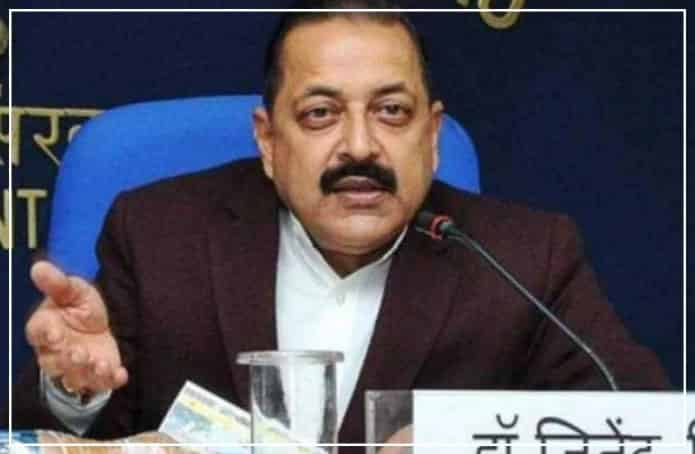After putting in place the Citizenship Amendment Act (CAA) throughout India, Union minister Jitendra Singh said on Friday (03.01.2020), the government’s next move will be to expel Rohingya refugees, as they will not be getting secure citizenship under the new law.
Looking to this he had demanded an investigation into the matter, how come Rohingya had reached and settled in the northern-most belt of Jammu after passing through several states from West Bengal.
The day CAA was passed (by parliament), it had been implemented in Jammu and Kashmir. There are no ‘ifs’ and ‘buts’, for its implementation (CAA in Jammu and Kashmir), here the next move would be now in relation to the removal of Rohingya said by Singh in a function in Jammu.
The minister was conducting a meeting and was addressing officers of the Jammu and Kashmir government at that time he had pointed out that Jammu had a considerable population of Rohingya refugees.
What will be the plan of the Rohingya refugees’ removal; the Centre will take action on it. Lists will be prepared, wherever needed; biometric identity cards will be given because the CAA does not give power to the Rohingyas to stay in India said by Singh.
They do not belong to the six (religious) minorities under the new law of citizenship. They do not belong to any of the three (neighbouring) countries (Pakistan, Bangladesh and Afghanistan) said by Singh, he also added that the Rohingya had come to the country from Myanmar and hence, they have to go back.
Singh had asked for the investigation into the circumstances that led the Rohingyas to travel such a long distance through several states from Bengal to the northern-most area of Jammu and settled here. It was quite surprising and now this is for researchers and analysts to know how they had reached here, so far from Bengal, travelling through several states. Who had paid for their tickets (to Jammu from Bengal)?
The ruling Bharatiya Janata Party (BJP), the Jammu and Kashmir National Panthers Party (JKNPP), the Vishwa Hindu Parishad (VHP), the Rashtriya Swayamsevak Sangh (RSS) and other right-wing organisations have demanded the removal of the Rohingyas in the past as well.
The home minister, Rajnath Singh, also spoke out in favour of expulsion, including the Supreme Court.
Over the last one and half year, the Modi government has been making efforts to send Rohingya refugees settled in India back to Myanmar. As per the earlier report, on January 3, 2019, India had deported a Rohingya Muslim family of five, which had been in the Tezpur Detention Centre in Assam since 2013, to Myanmar. This was the second such group expelled in four months, after seven men who were kept at the Silchar Detention centre in Assam since 2012, were sent to Myanmar in October 2018.
Experts have argued that these expulsions breach international law and India’s domestic obligation. Angshuman Choudhury wrote in the magazine The Wire.
While the Indian legal system does not firmly address the issue of forced return of refugees, deporting the Rohingya back to Myanmar, where they might face a severe threat of harassment, this would cost to a complete violation of India’s international legal obligations and domestic judicial standards laid down by various courts. The most important is that, the deportation of the stateless Rohingya to Myanmar, where they might be at the risk of being killed, tortured, and violently mistreated, which could be an utterly inhuman act.
❖ Read More:
➥ PM Imran Khan Proved That ‘Old Habits Die Hard’
➥ India Will Accomplish Chandrayaan 3 Launch in 2020-2021
➥ 445 Bangladeshis Left India in Last 2 Months after NRC
➥ Iraq Military Officer Killed at Baghdad Airport in US Airstrike
➥ India and Pakistan Exchanged Customary List of Prisoners
➥ Explosion at Battery Factory in West Delhi: Workers Trapped in Fire






















